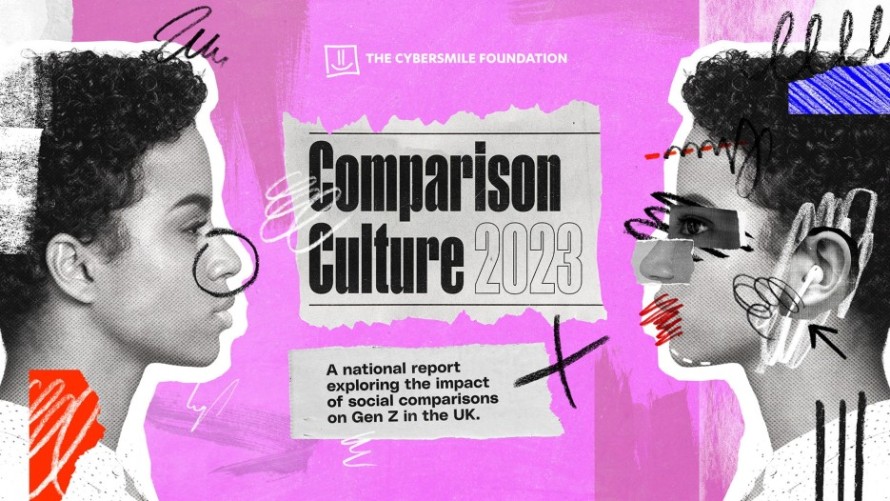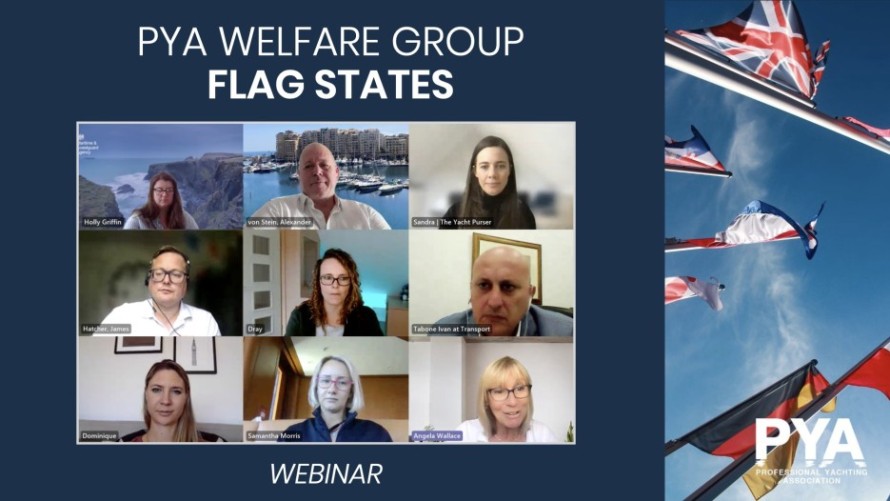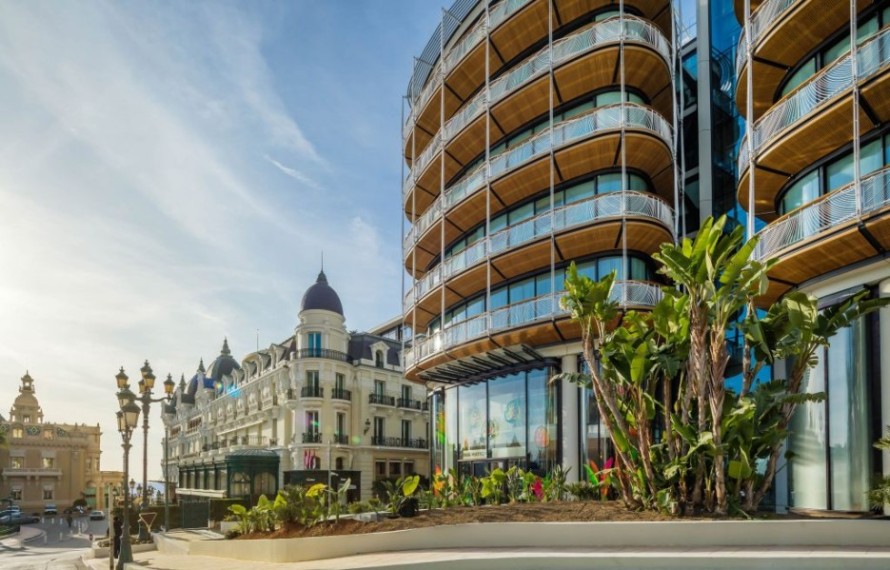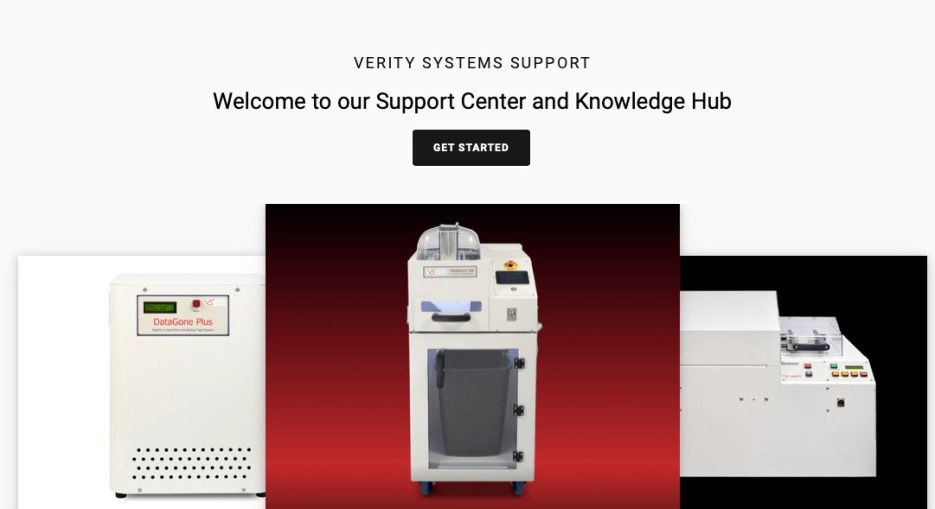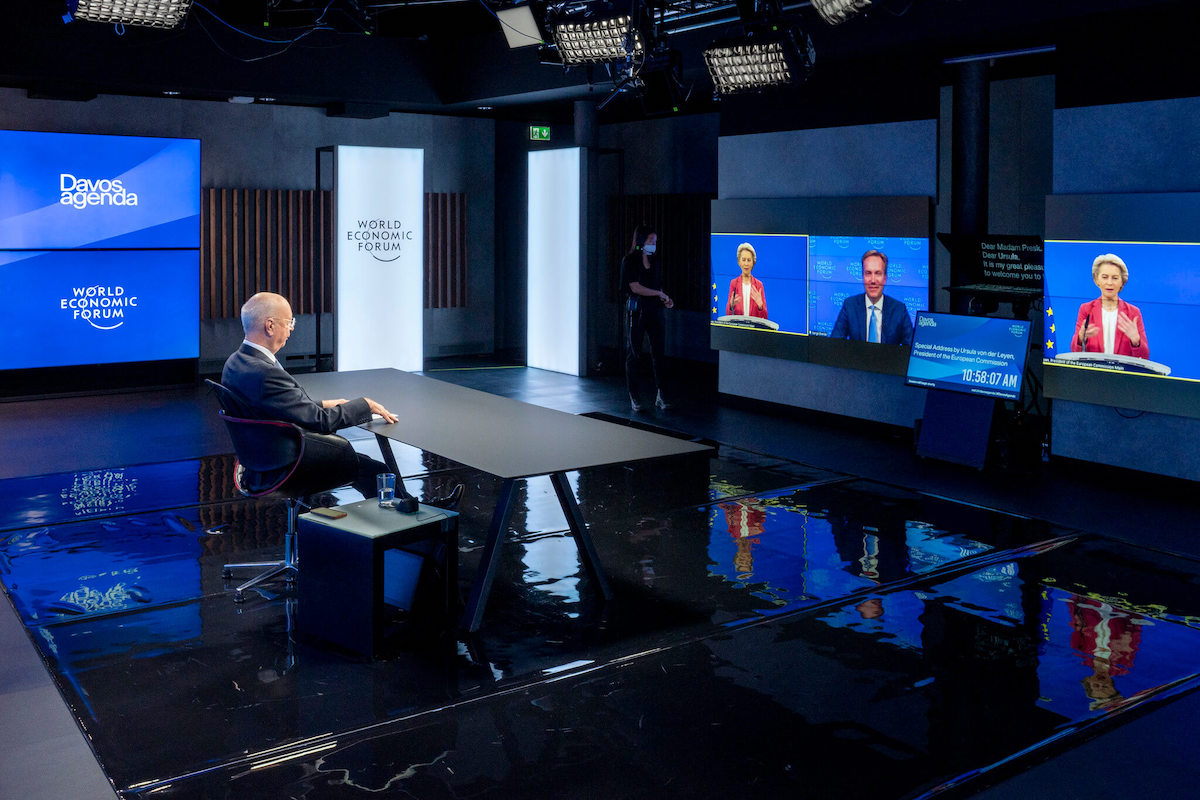
GENEVA, Switzerland, January 20, 2022 (WNIPresswire) — In a special address to business, government, and civil society leaders attending the World Economic Forum's virtual event, the Davos Agenda, on Thursday, Ursula von der Leyen, President of the European Commission, outlined a vision for a stronger and more independent Europe based on trust and liberal democratic values.
She spoke of European democracies demonstrating their strengths in the face of the COVID-19 situation. “The pandemic has demonstrated that democracies are the more powerful, resilient and sustainable form of government,” she said.
She went on to say that democracy entails freedom of study, science, and investor choice. Over 1.2 billion doses of vaccines have been distributed to European residents, with more than 80% of the population double-vaccinated.
She also credited Europe with being the first to discover and commercialise the mRNA vaccination technology. “Europe is the only region in the world to export or donate vaccines to other countries throughout the crisis, with 1.6 billion vaccine doses made in Europe having been delivered to 150 countries.”
Europe's most significant asset on the road to recovery, according to von der Leyen, is trust. “Trust in science, for our health. Trust among countries, for cooperation. Trust in functioning societies, for competitiveness. Trust will be essential to build the world of tomorrow.”
For European citizens to embrace the European Green Deal, a series of policy initiatives with the ultimate goal of making the European Union climate-neutral by 2050, trust will be necessary. The European Commission has issued the first NextGenerationEU bond, which will be used to fund green and sustainable investments in the EU. According to her, this is the world's largest green bond sale, which was substantially oversubscribed. “These developments demonstrate a clear sign of international confidence and trust in Europe,” she said.
Despite the fact that Europe is well-positioned, von der Leyen believes that more needs to be done to develop reliable supply chains and avoid single points of failure. The issues range from nonrenewable energy consumption to a lack of local microchip and semiconductor production to Europe's gas problem.
“Europe’s global semiconductor market share is only 10%. And today, most of our supply comes from a handful of producers outside Europe. This is a dependency and uncertainty we simply cannot afford. We have no time to lose. And this is why I announce here today that we will propose our European Chips Act in early February,” she said.
She emphasized that trust is also essential in the international arena: “At this moment in time, the world needs trust in democracy as much as trust between democracies.” She emphasised that Europe will not return to the old mentality of rivalry and areas of interest, in which entire countries were viewed as property or backyards, referring to the intense interaction with Russia.
“We want this dialogue. We want conflicts to be solved in the bodies that have been formed for this purpose. But if the situation deteriorates, if there are any further attacks on the territorial integrity of Ukraine, we will respond with massive economic and financial sanctions.”
"And what I want us never to forget is the following. Russia and Europe share geography, culture and history. We also want a common future," she added.
About the Davos Agenda 2022
For over 50 years, the World Economic Forum has been the international organization for public-private cooperation. The Davos Agenda 2022 is the focal point at the start of the year for leaders to share their outlook, insights and plans relating to the most urgent global issues. The meeting will provide a platform to accelerate the partnerships needed to tackle shared challenges and shape a more sustainable and inclusive future. Learn more about the programme and view sessions live and on demand.

